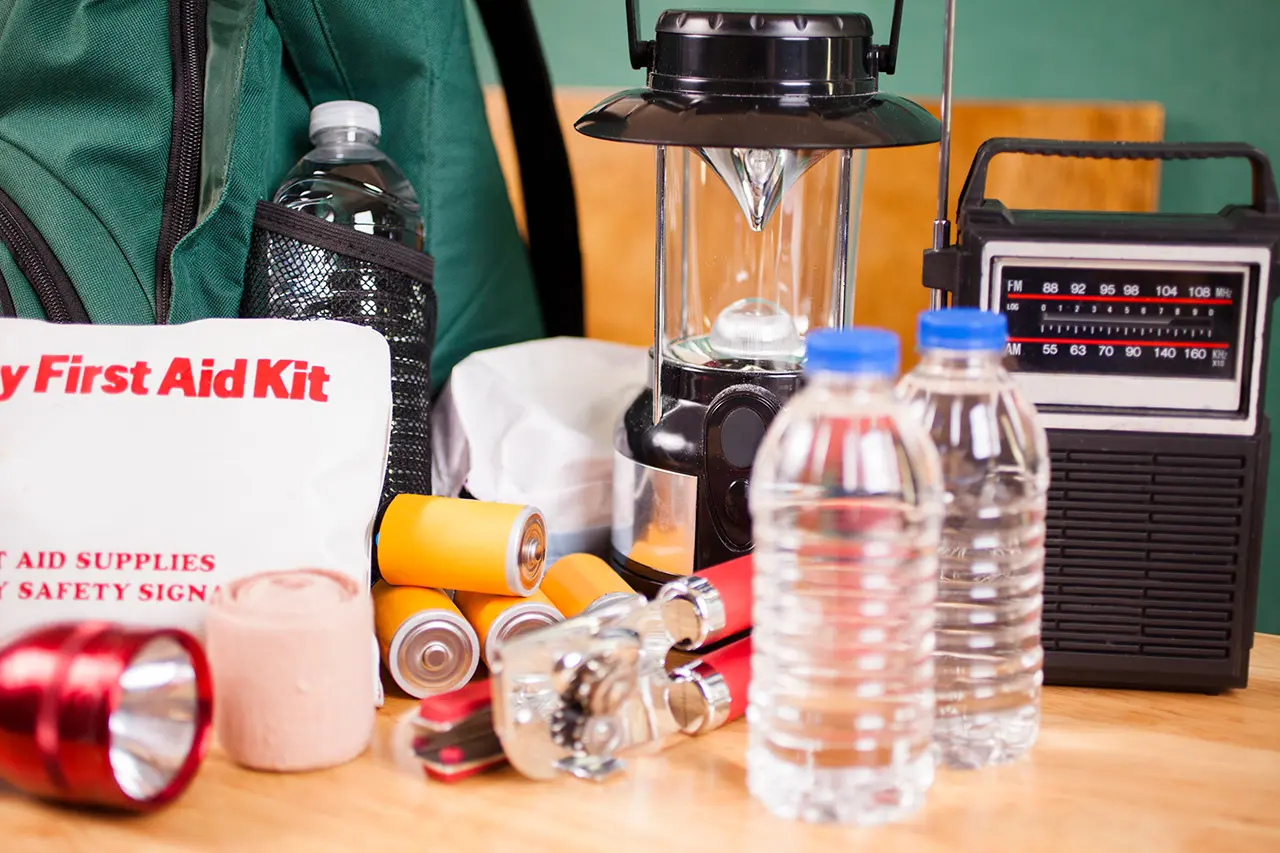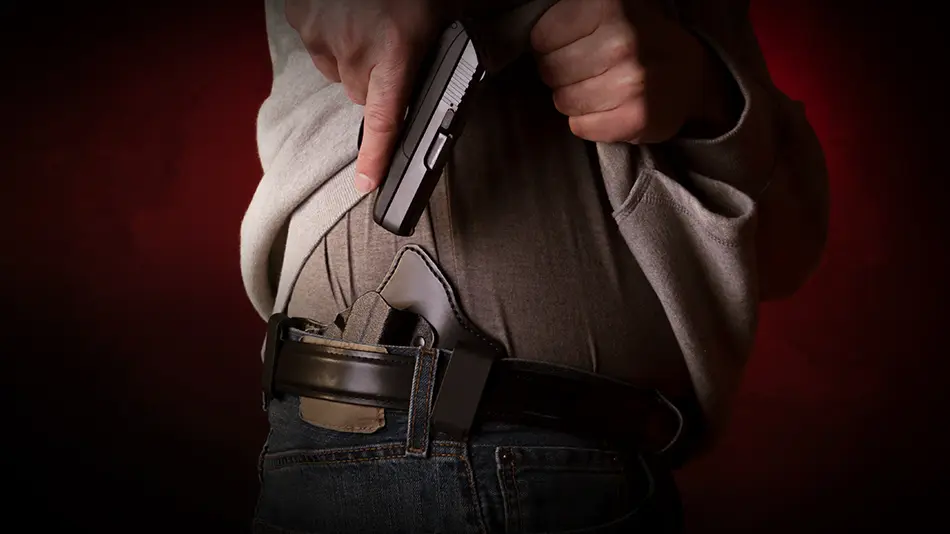Alright U.S. LawShield members, we want to address a topic that has been the controversy of many debates over the years, which has intensified recently in the media: ghost guns.
What is a “Ghost Gun?”
Are you allowed to possess a ghost gun in Florida? A “ghost gun” is a term used to describe a firearm that is made without a serial number or any identifying markings. Most ghost guns are manufactured by individuals in their homes, either using a 3D printer or by purchasing an unfinished receiver.
Finished vs. Unfinished Receivers
A receiver is the part of the firearm that houses the mechanical components, such as the trigger and where the bullets are fired from.
A finished receiver falls under the Gun Control Act of 1968 and therefore requires a background check before purchasing from a gun store. All finished receivers have a serial number on them.
An unfinished receiver, sometimes referred to as an 80% receiver, is a receiver that requires additional work to be performed on them before they are usable. Unfinished receivers do not have serial numbers.
The Heart of the Issue
The vast majority of the debate over ghost guns concerns the fact that anyone can make one without having to undergo a background check or register the firearm in states, unlike Florida, which require gun registration.
It is legal under both federal and Florida law to manufacture and possess ghost guns as long as the ghost gun is not the type of firearm that would be classified as an NFA item requiring a tax stamp, and you did not manufacture the ghost gun with the intent to sell it. If the ghost gun is manufactured using a 3D printer, a metal plate must be inserted into the body in order to make the firearm detectable when subjected to x-ray scans.
If you have any questions regarding the legality of making and possessing ghost guns or any other firearm-related questions, please call U.S. LawShield and ask to speak to your Independent Program Attorney.
The preceding should not be construed as legal advice nor the creation of an attorney-client relationship. This is not an endorsement or solicitation for any service. Your situation may be different, so please contact your attorney regarding your specific circumstances. Because the laws, judges, juries, and prosecutors vary from location to location, similar or even identical facts and circumstances to those described in this presentation may result in significantly different legal outcomes. This presentation is by no means a guarantee or promise of any particular legal outcome, positive, negative, or otherwise.





Leave A Comment